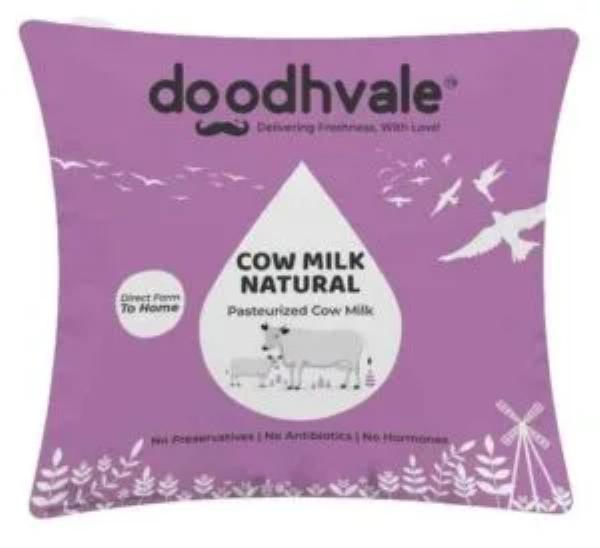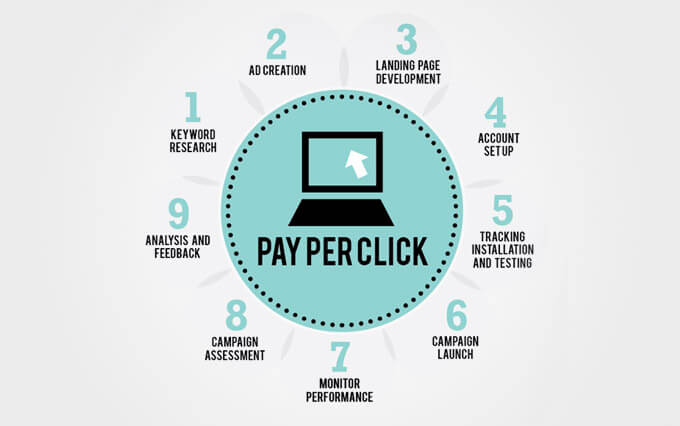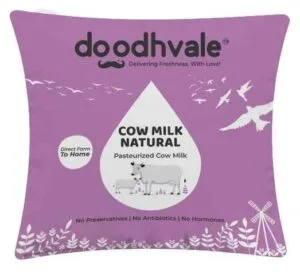Understanding Nofollow and Dofollow Links: What You Need to Know

In the world of search engine optimization (SEO), links play a crucial role in determining a website's authority and ranking. However, not all links are created equal. The terms "nofollow" and "dofollow" often come up when discussing link-building strategies. Understanding the difference between these two types of links is essential for anyone looking to improve their website's SEO. In this blog, we'll explore what nofollow and dofollow links are, how they impact your website, and best practices for using them effectively.
What Are Dofollow Links?
Dofollow links are standard hyperlinks that allow search engines to follow them and pass on "link juice" or SEO value from the linking site to the linked site. These links are essential for building authority and improving search engine rankings. When a reputable site links to your content with a dofollow link, it signals to search engines that your content is valuable and trustworthy, thereby boosting your site's credibility.
Characteristics of Dofollow Links:
• Pass SEO value and authority.
• Help improve search engine rankings.
• Contribute to your website's link profile and domain authority.
What Are Nofollow Links?
Nofollow links, on the other hand, are hyperlinks that contain a specific HTML attribute (rel="nofollow") instructing search engines not to follow the link or pass on any SEO value. These links were introduced by Google to combat spammy link-building practices and reduce the impact of low-quality links on search engine rankings.
Characteristics of Nofollow Links:
• Do not pass SEO value or authority.
• Help prevent spammy and irrelevant links from affecting search engine rankings.
• Useful for linking to untrusted or user-generated content.
How to Identify Dofollow and Nofollow Links
To determine whether a link is dofollow or nofollow, you can inspect the HTML code of the web page. Here's how you can do it:
1. Right-click on the link and select "Inspect" or "View Page Source" in your browser.
2. Look for the link's HTML code. If you see rel="nofollow" within the link tag (), it is a nofollow link. If there is no rel="nofollow" attribute, it is a dofollow link.
Impact on SEO
Dofollow Links:
• Boost Search Rankings: By passing link juice, dofollow links help improve your site's search engine rankings.
• Increase Authority: These links contribute to your domain authority and overall SEO health.
• Drive Traffic: Quality dofollow links can drive targeted traffic to your website.
Nofollow Links:
• No Direct SEO Benefit: They do not pass SEO value, so they don't directly influence search engine rankings.
• Improve Link Profile: They help maintain a natural and diverse link profile, which can be beneficial for SEO.
• Reduce Spam: Nofollow links are useful for linking to less trustworthy or user-generated content without risking your site's SEO.
Best Practices for Using Nofollow and Dofollow Links
1. Diversify Your Link Profile: A healthy link profile includes a mix of both dofollow and nofollow links. This diversity signals to search engines that your link-building efforts are natural and not manipulative.
2. Use Nofollow for Paid Links: Google requires that paid links, sponsored content, and affiliate links use the nofollow attribute to prevent manipulative link-building practices.
3. Link to Trusted Sources: Use dofollow links when linking to reputable and high-quality websites. This helps build a strong network of relevant and authoritative links.
4. Monitor User-Generated Content: If your website allows user-generated content (e.g., comments, forum posts), use nofollow links to prevent spam and maintain the quality of your link profile.
5. Optimize for User Experience: Ultimately, focus on providing value to your users. Use links (both nofollow and dofollow) that enhance the user experience and offer valuable information.
Conclusion
Understanding the difference between nofollow and dofollow links is crucial for effective SEO. While dofollow links are essential for building authority and improving search rankings, nofollow links play a vital role in maintaining a natural link profile and preventing spam. By strategically using both types of links, you can enhance your website's SEO, drive traffic, and build a credible online presence. Remember, the key to successful link-building is to prioritize quality and relevance, always aiming to provide value to your audience.
Note: IndiBlogHub features both user-submitted and editorial content. We do not verify third-party contributions. Read our Disclaimer and Privacy Policyfor details.







